AMD reveals new Transient Scheduler vulnerabilities in CPUs, exposing sensitive data risks across multiple Ryzen and EPYC models.


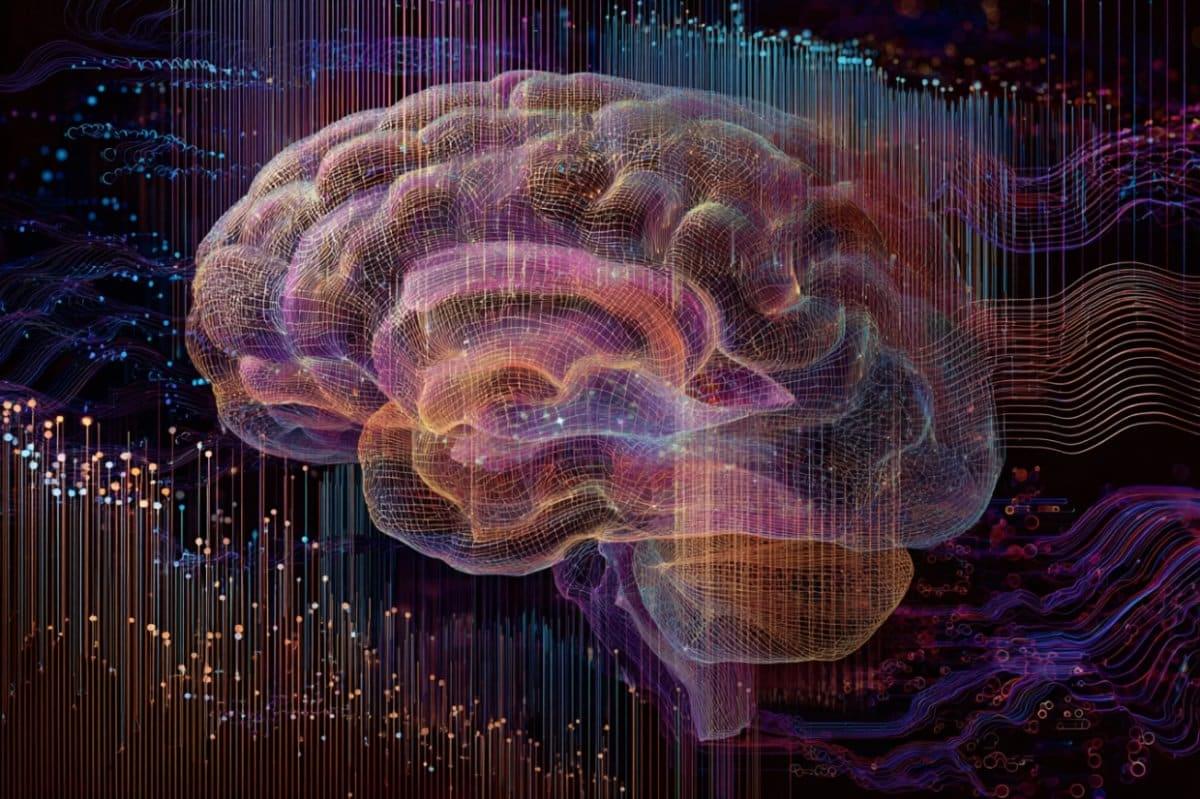
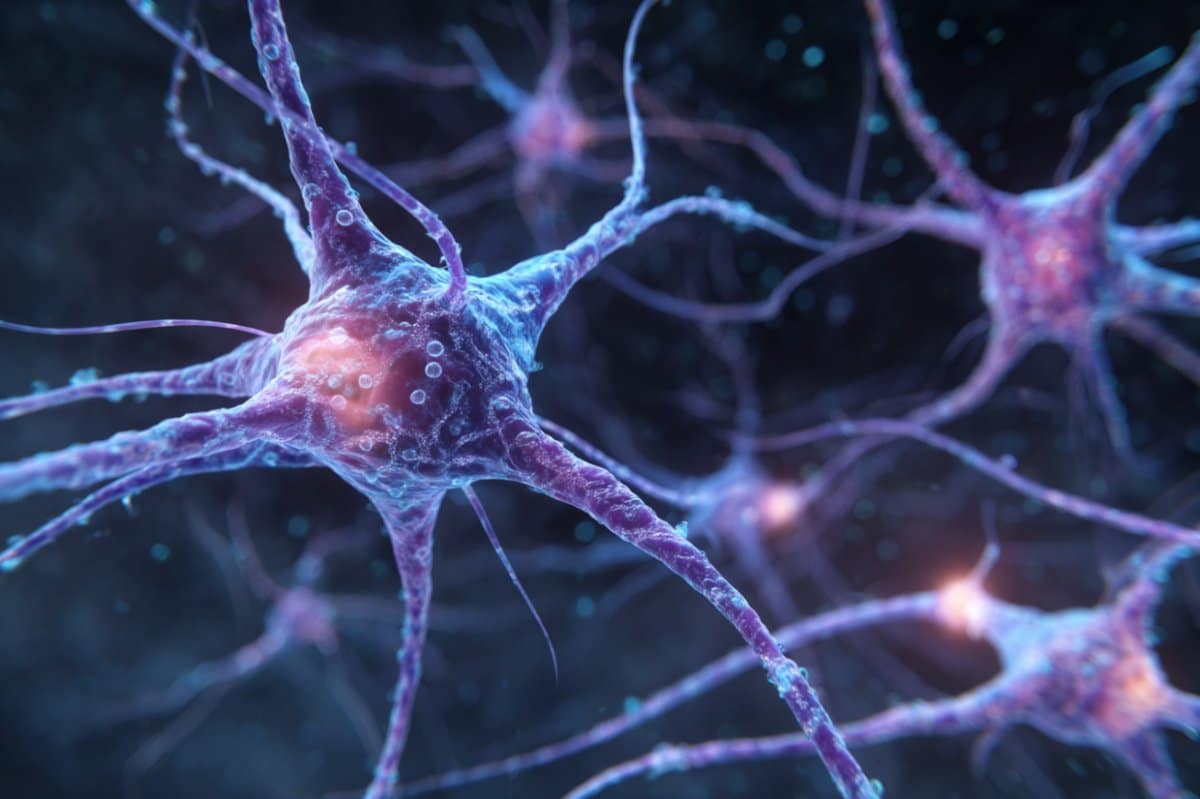

Arabidopsis may seem like a simple plant, but at the University of Missouri, plant biochemist Jay Thelen is using it as a powerful model to explore ways to boost oil production—an important step toward creating more sustainable, plant-based energy sources.
To meet the increasing global demand for biofuels, scientists are already modifying plant genes to boost the amount of plant oil being produced. That’s because inside the plant, a complex network of metabolic pathways turns sunlight, carbon dioxide (or atmospheric carbon), water and nutrients into vital compounds including oil, the foundational ingredient of biofuel.
Genes give instructions to enzymes, and, in turn, those enzymes help control the plant’s metabolic pathways. But we are only beginning to understand how modifying these genes to produce more oil affects the plant’s other metabolic pathways, which are all interconnected.
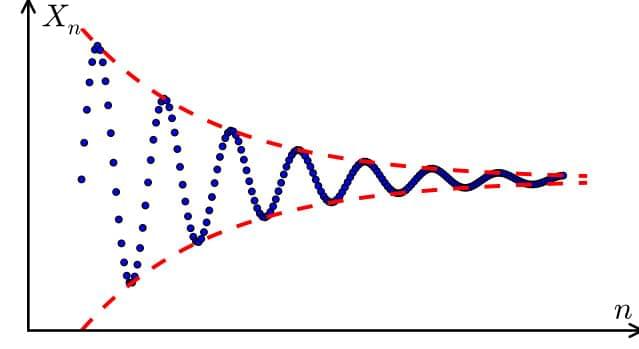
In mathematics, a Cauchy sequence is a sequence whose elements become arbitrarily close to each other as the sequence progresses. [ 1 ] More precisely, given any small positive distance, all excluding a finite number of elements of the sequence are less than that given distance from each other. Cauchy sequences are named after Augustin-Louis Cauchy; they may occasionally be known as fundamental sequences. [ 2 ].

Researchers also found that the treatment was safe and well-tolerated. Participants did not report any serious adverse reactions in the follow-up period of 6–12 months.
The most common reaction was a reduction in the number of the immune system’s neutrophils, a type of white blood cell.
“OTOF is just the beginning,” Dr Duan said, adding that researchers were working on other common genes behind deafness such as GJB2 and TMC1.
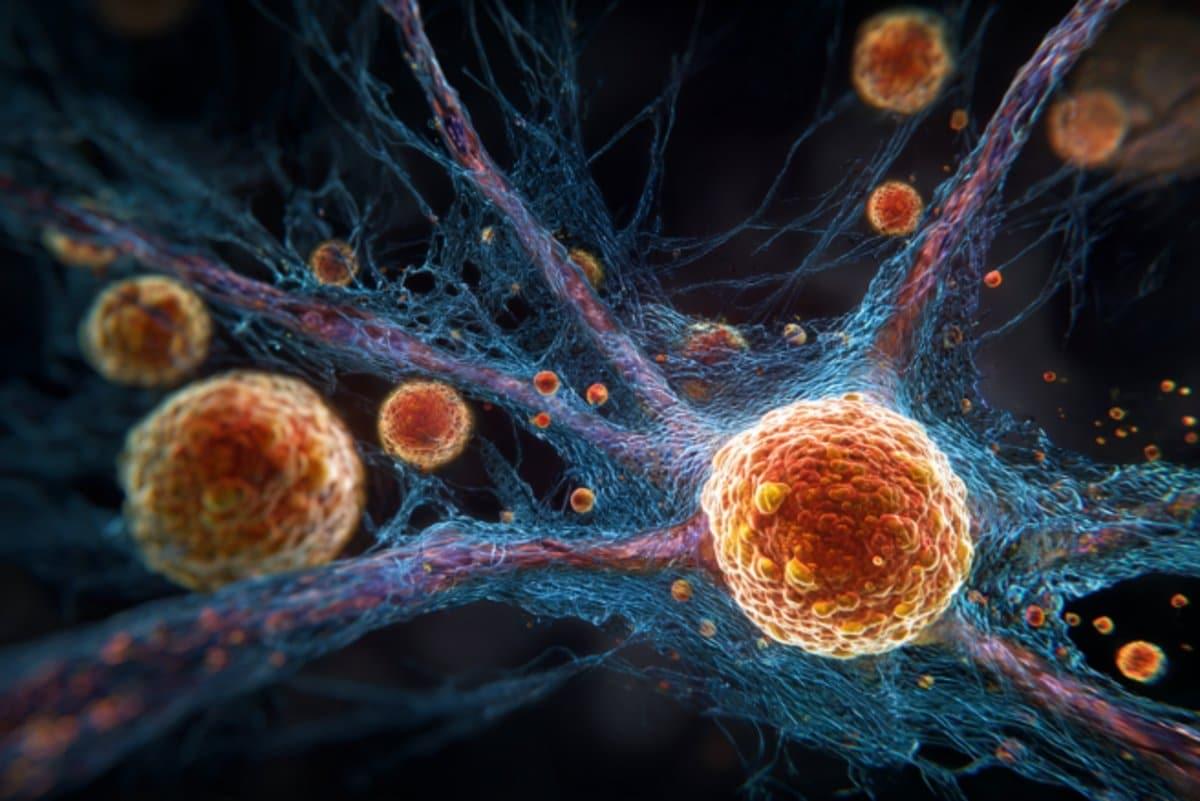
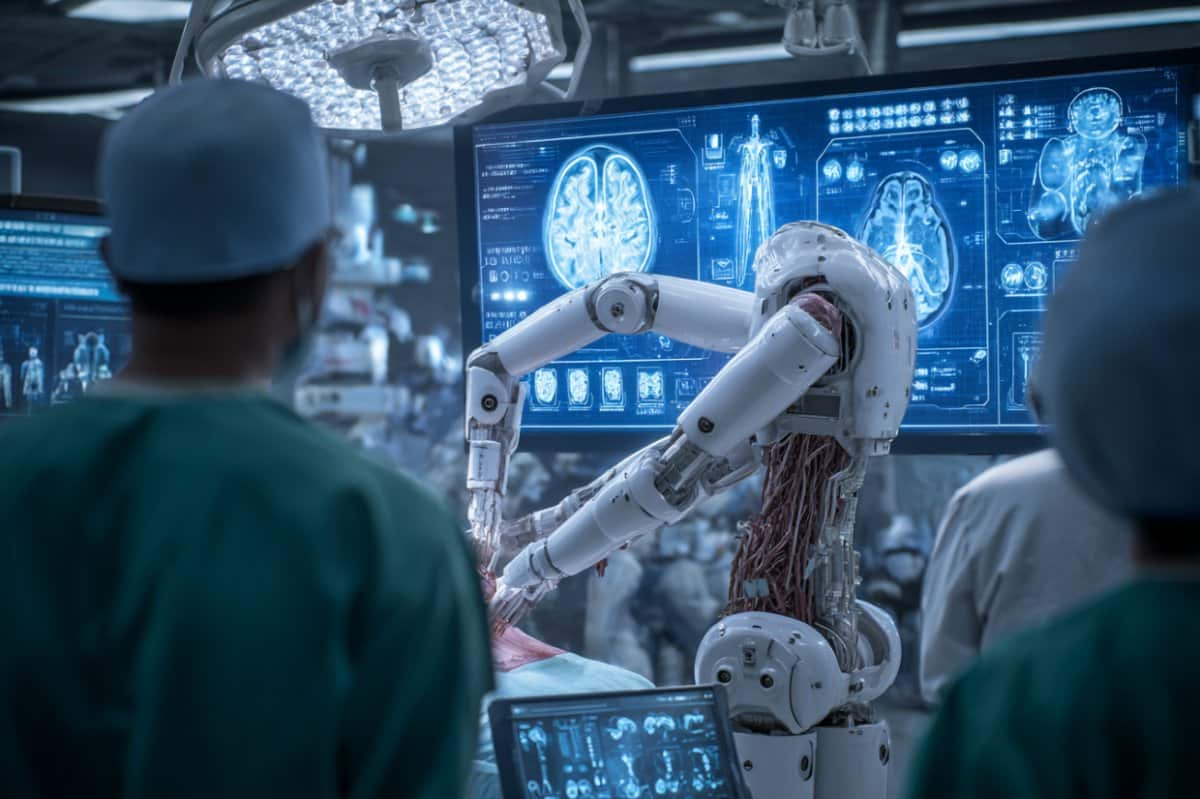
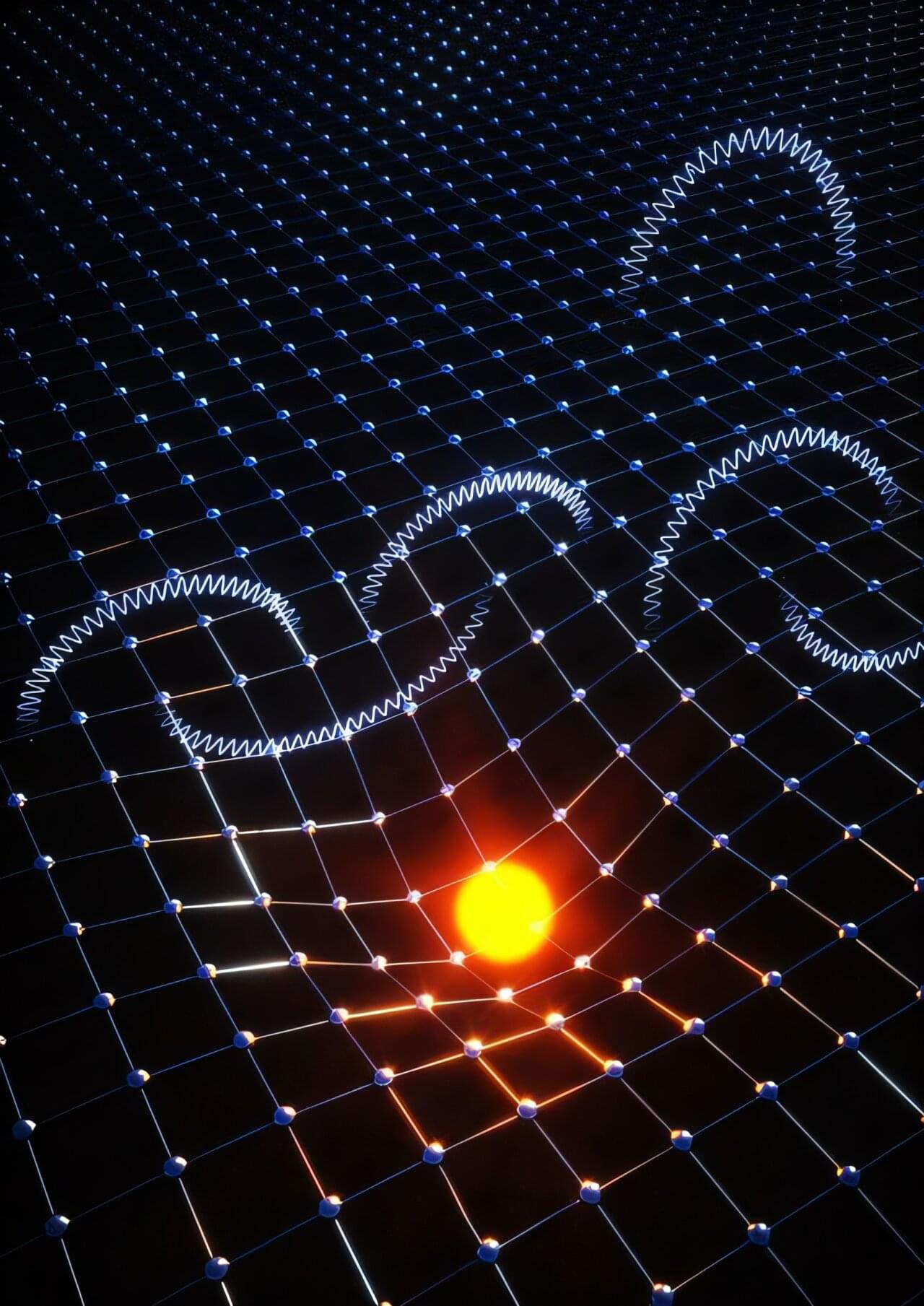
Caltech scientists have found a fast and efficient way to add up large numbers of Feynman diagrams, the simple drawings physicists use to represent particle interactions. The new method has already enabled the researchers to solve a longstanding problem in the materials science and physics worlds known as the polaron problem, giving scientists and engineers a way to predict how electrons will flow in certain materials, both conventional and quantum.
In the 1940s, physicist Richard Feynman first proposed a way to represent the various interactions that take place between electrons, photons, and other fundamental particles using 2D drawings that involve straight and wavy lines intersecting at vertices. Though they look simple, these Feynman diagrams allow scientists to calculate the probability that a particular collision, or scattering, will take place between particles.
Since particles can interact in many ways, many different diagrams are needed to depict every possible interaction. And each diagram represents a mathematical expression. Therefore, by summing all the possible diagrams, scientists can arrive at quantitative values related to particular interactions and scattering probabilities.
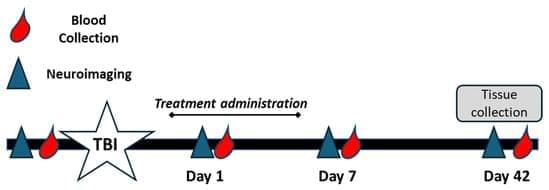
Background/Objectives: Traumatic brain injury (TBI) is a global leading cause of disability and death, with millions of new cases added each year. Oxidative stress significantly exacerbates primary TBI, leading to increased levels of intracerebral cell death, tissue loss, and long-term functional deficits in surviving patients. Catalase and superoxide dismutase (SOD) mitigate oxidative stress and play a critical role in dampening injury severity. This study examines the neuroprotective effects of the novel antioxidant alpha lipoic acid-based therapeutic, CMX-2043, on antioxidant enzymes in a preclinical TBI model via various drug administration routes. Methods: Piglets (n = 28) underwent cortical controlled impact to induce moderate–severe TBI and were assigned to placebo (n = 10), subcutaneous CMX-2043 (SQ, 10 mg/kg; n = 9), or intravenous CMX-2043 (IV, 9 mg/kg; n = 9) treatment groups. Treatments began 1 h after TBI induction and continued for 5 days. MRI was performed throughout the study period to evaluate brain recovery. Blood was collected at 1, 7, and 42 days post-TBI, and liver and brain tissues were collected at 42 days post-TBI to measure catalase and SOD activity. Results: CMX-2043 IV-treated piglets showed 46.3% higher hepatic catalase activity than placebo (p = 0.0038), while the SQ group did not show significant changes in hepatic catalase activity compared to placebo. In the brain, SQ-treated piglets had significantly higher catalase activity than both IV (p = 0.0163) and placebo (p = 0.0003) groups (45.8340 ± 3.0855, 36.4822 ± 1.5558, 31.6524 ± 1.3129 nmol/min/mg protein for SQ, IV, and placebo, respectively), while IV-treated piglets did not show significant changes compared to placebo. IV-treated piglets did exhibit 39.3% higher brain SOD activity than placebo (p = 0.0148), while the SQ group did not show a significant change. CMX-2043 treatment did not alter plasma antioxidant enzyme activity during the study period. Importantly, within CMX-2043 treated TBI groups, piglets with significantly decreased lesion volumes, midline shift, and combined swelling and atrophy had better brain recovery, determined by MRI on day 1, 7, and 42 days post-injury TBI, exhibited higher brain catalase activity at 42 days post-injury TBI regardless of administration route, suggesting a link between improved recovery and sustained local catalase activity. Conclusions: This study highlights the impact of administration route on tissue-specific antioxidant responses, with IV administration enhancing liver catalase and brain SOD activity, while SQ administration primarily elevated brain catalase activity. In addition, this study shows an association between increased brain catalase activity and decreased TBI brain lesioning, midline shift, and combined swelling and atrophy, thus emphasizing the role of antioxidant defenses in neuroprotection post-injury.